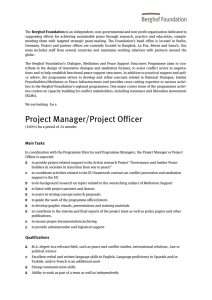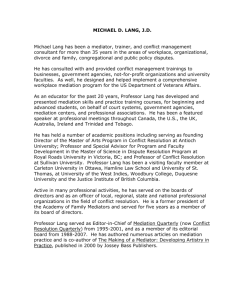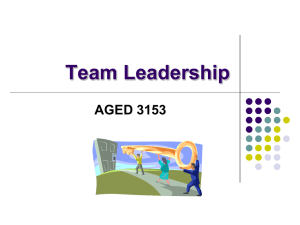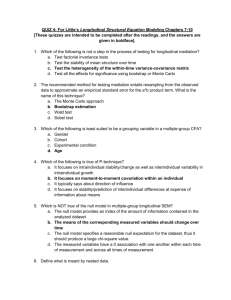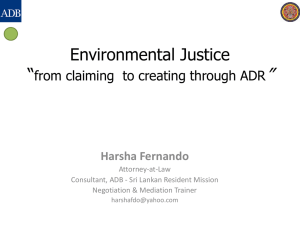Supporting information from the Ministry of Justice on mediation
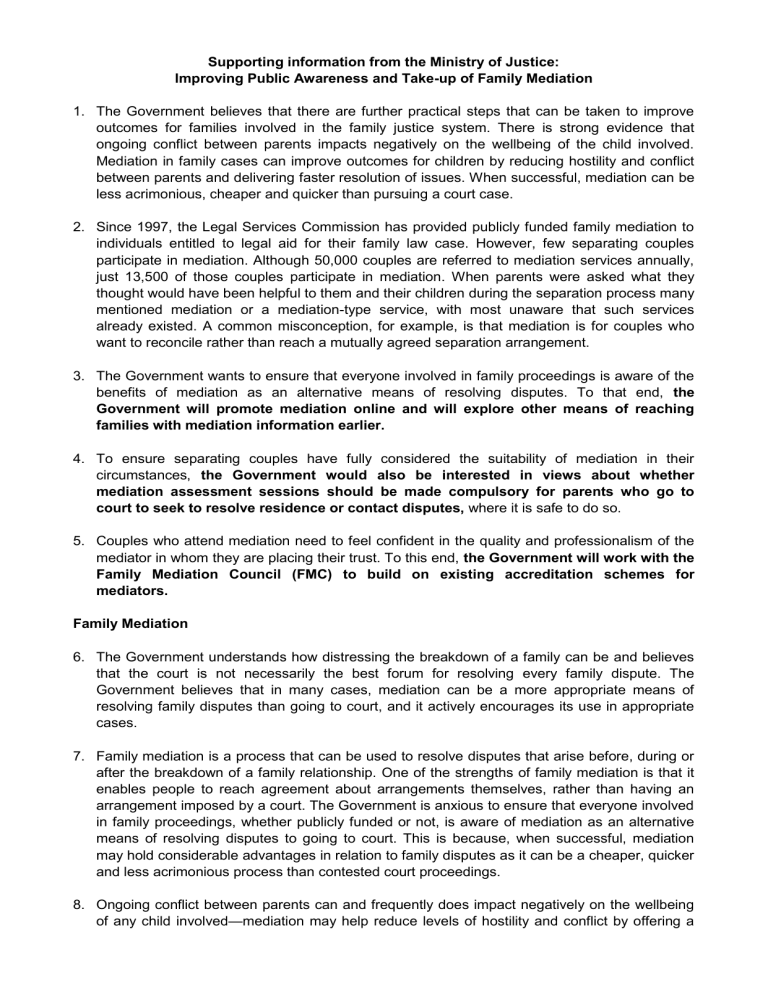
Supporting information from the Ministry of Justice:
Improving Public Awareness and Take-up of Family Mediation
1. The Government believes that there are further practical steps that can be taken to improve outcomes for families involved in the family justice system. There is strong evidence that ongoing conflict between parents impacts negatively on the wellbeing of the child involved.
Mediation in family cases can improve outcomes for children by reducing hostility and conflict between parents and delivering faster resolution of issues. When successful, mediation can be less acrimonious, cheaper and quicker than pursuing a court case.
2. Since 1997, the Legal Services Commission has provided publicly funded family mediation to individuals entitled to legal aid for their family law case. However, few separating couples participate in mediation. Although 50,000 couples are referred to mediation services annually, just 13,500 of those couples participate in mediation. When parents were asked what they thought would have been helpful to them and their children during the separation process many mentioned mediation or a mediation-type service, with most unaware that such services already existed. A common misconception, for example, is that mediation is for couples who want to reconcile rather than reach a mutually agreed separation arrangement.
3. The Government wants to ensure that everyone involved in family proceedings is aware of the benefits of mediation as an alternative means of resolving disputes. To that end, the
Government will promote mediation online and will explore other means of reaching families with mediation information earlier.
4. To ensure separating couples have fully considered the suitability of mediation in their circumstances, the Government would also be interested in views about whether mediation assessment sessions should be made compulsory for parents who go to court to seek to resolve residence or contact disputes, where it is safe to do so.
5. Couples who attend mediation need to feel confident in the quality and professionalism of the mediator in whom they are placing their trust. To this end, the Government will work with the
Family Mediation Council (FMC) to build on existing accreditation schemes for mediators.
Family Mediation
6. The Government understands how distressing the breakdown of a family can be and believes that the court is not necessarily the best forum for resolving every family dispute. The
Government believes that in many cases, mediation can be a more appropriate means of resolving family disputes than going to court, and it actively encourages its use in appropriate cases.
7. Family mediation is a process that can be used to resolve disputes that arise before, during or after the breakdown of a family relationship. One of the strengths of family mediation is that it enables people to reach agreement about arrangements themselves, rather than having an arrangement imposed by a court. The Government is anxious to ensure that everyone involved in family proceedings, whether publicly funded or not, is aware of mediation as an alternative means of resolving disputes to going to court. This is because, when successful, mediation may hold considerable advantages in relation to family disputes as it can be a cheaper, quicker and less acrimonious process than contested court proceedings.
8. Ongoing conflict between parents can and frequently does impact negatively on the wellbeing of any child involved —mediation may help reduce levels of hostility and conflict by offering a
real opportunity to resolve matters sooner and in such a way that people can maintain as good a relationship as possible.
9. Mediation in private family cases can improve outcomes for children whose parents have separated by reducing conflict between parents and delivering faster resolution of issues. It may also prove less costly to parents and provide better value for taxpayers.
What is being done to promote mediation online?
10. The Family Mediation Helpline has been in operation since 2006. It provides information to callers about family mediation in general, on whether mediation is suitable for particular cases and, on the likelihood of eligibility of parties for public funding. The Helpline service also puts callers in touch with mediators in their area. Additionally, promotional literature such as leaflets and posters promoting mediation and the helpline service are available and on display in family courts across England and Wales.
11. Information about family mediation is also available on line through DirectGov. This including video clips about the family mediation process and experience and has links to other information sources. This information sits in the Parents section (relationship breakdown) of the
DirectGov website. Additionally, work is ongoing to design an online filter to improve the accessibility of the existing Parenting Plans (designed to assist parents in agreeing arrangements for their children post-separation), providing more tailored information. This is an opportunity to work with stakeholder groups to ensure the design and development of these plans is child focussed and that the final Parenting Plans require the parent to consider the needs of the child rather than just the practicalities of the situation between the parent and their former partner. We are also keen to continue to build on this development to ensure that in the future the product might be suitable for use by children and even tailored for other key groups involved in families when relationships break down, such as grandparents.
What other means of reaching families with mediation information earlier are being explored?
12. More can be done to ensure any web presence is as accessible and useful as possible. For example, ensuring that existing web sites provided by government, third sector and other providers are linked and that the information provided is consistent. Government is working to establish the best channels to reach people who need dispute resolution services.
Why is the Government considering whether mediation assessment sessions should be made compulsory for all parents who go to court to seek to resolve residence or contact disputes?
13. Since 1997, those who seek public funding must first consider whether family mediation might offer a suitable way to resolve their issue and are required to attend a meeting to learn about mediation and be assessed as to the suitability for mediation, unless they meet specific exemption criteria. Introducing compulsory information sessions for privately funded court users effectively brings them into a similar regime as legally aided court users and might deliver equal access to accredited mediation service providers for all.
Why does there need to be work undertaken with the Family Mediation Council (FMC) to build on accreditation schemes for mediators?
14. The Government is working with the Family Mediation Council (FMC) and their membership bodies to build on existing accreditation schemes to ensure the public profile of the mediation profession accords with professionalism and quality. Potential exists to develop a universally
recognised “kite mark” for mediation service providers leading to an increase in public recognition and confidence for the profession.



